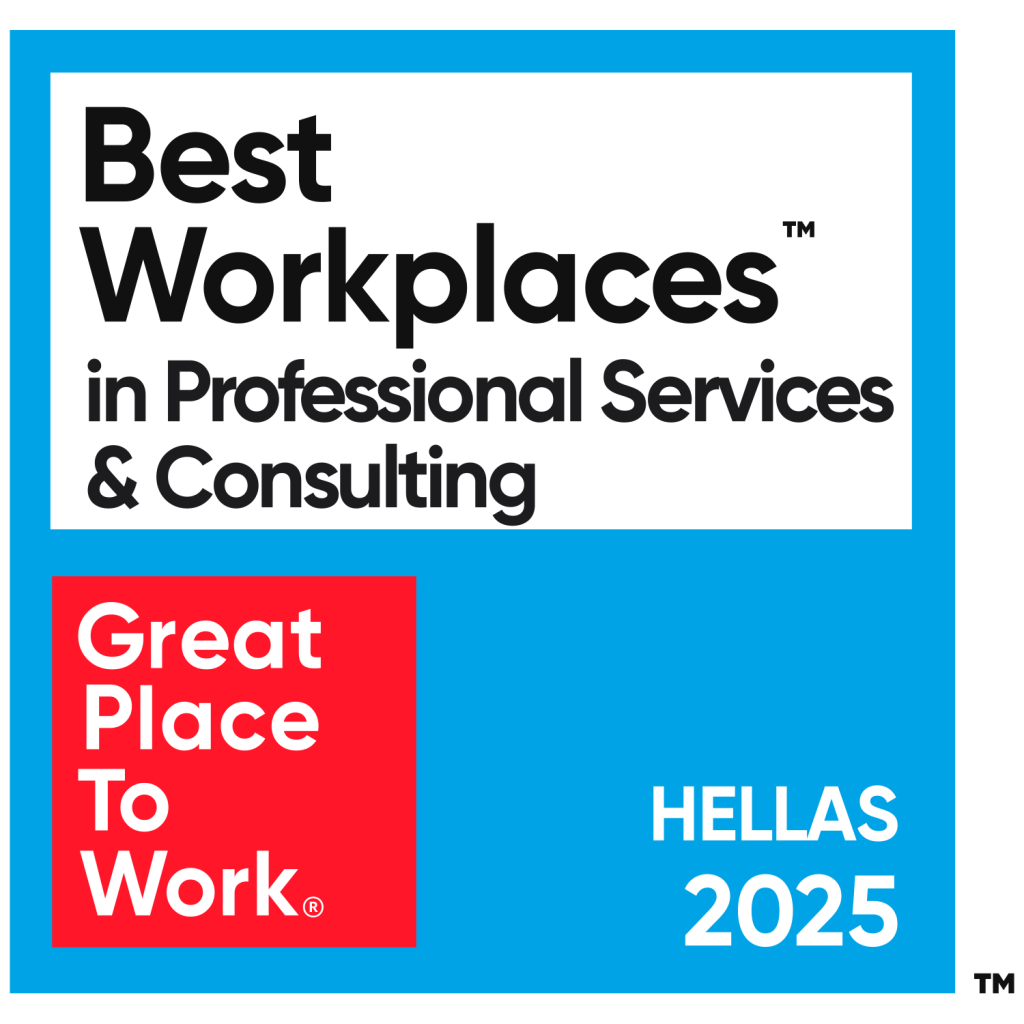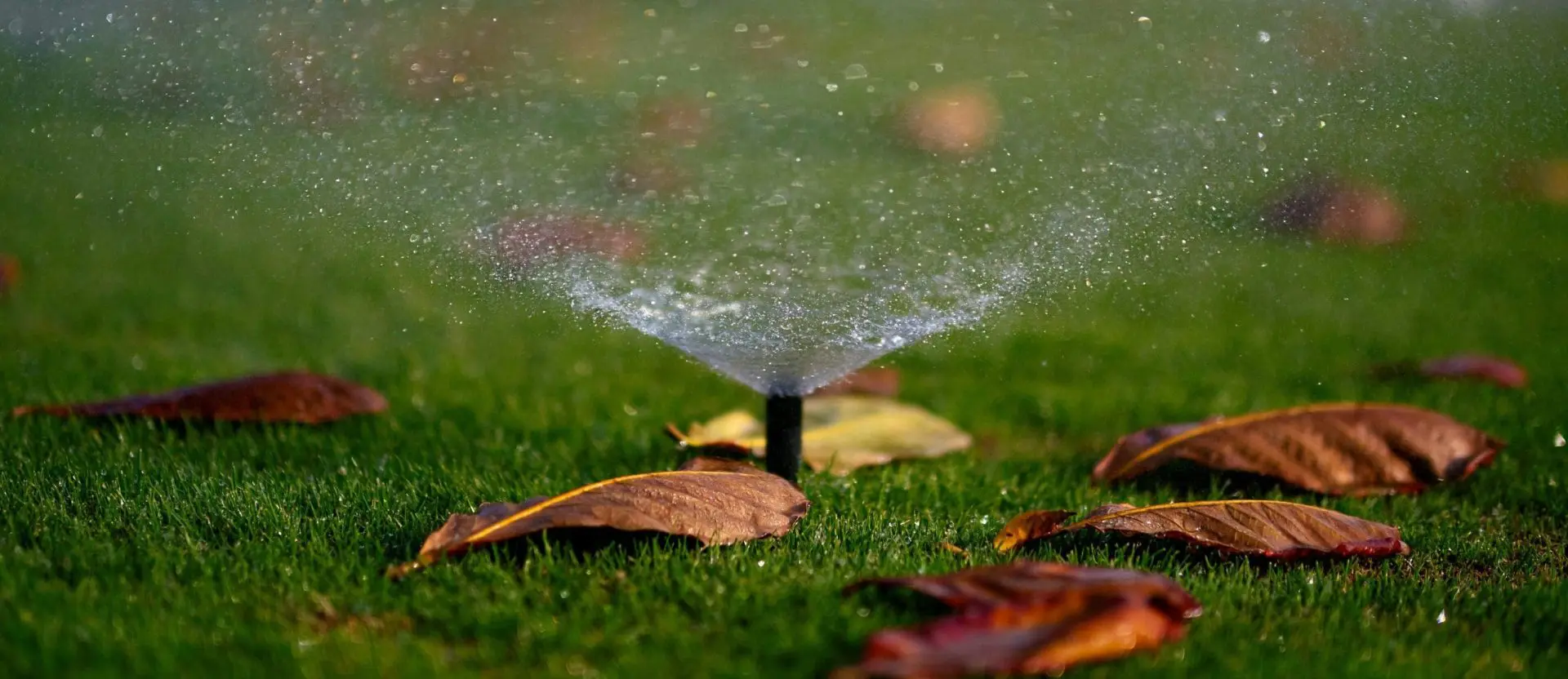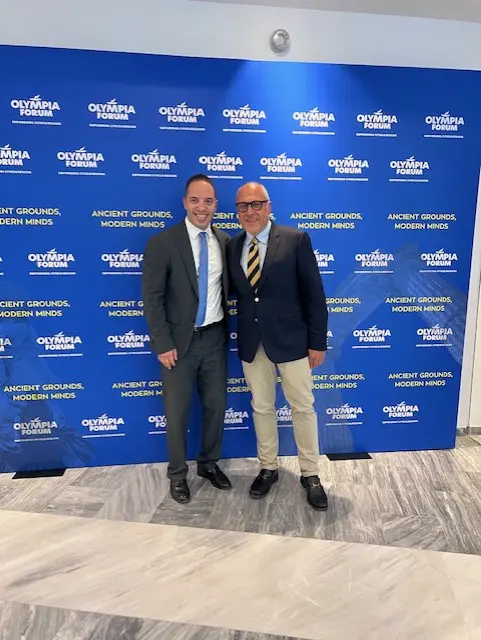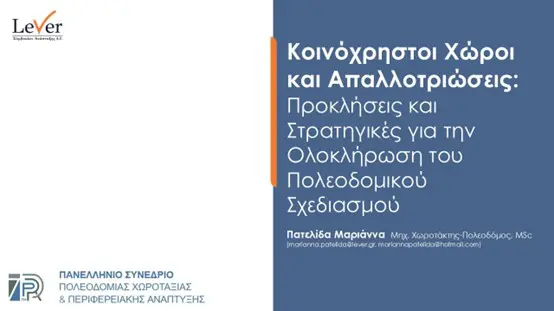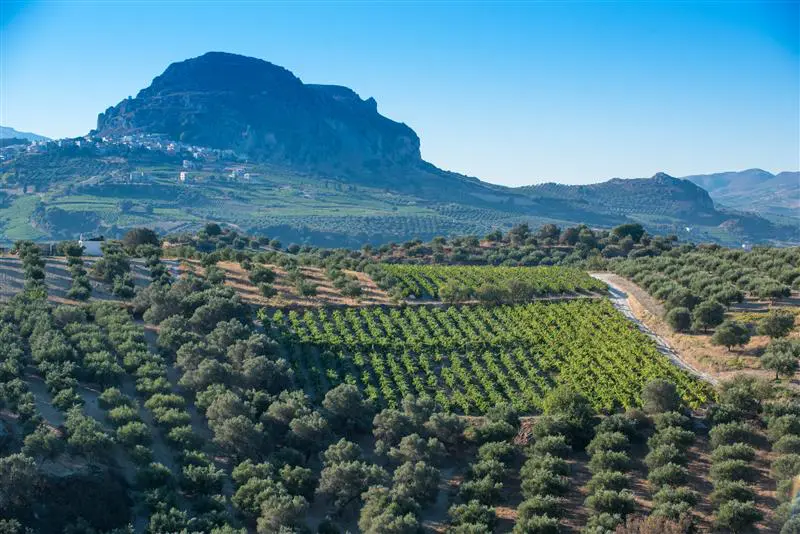The preservation of a region’s water resources and the utilization of new resources—such as the distribution of reclaimed water from urban wastewater for very specific uses—is essential for both development and the maintenance of high-quality local agricultural products, without compromising water supply for drinking. The key objective is to investigate the technical and economic viability of investing in and developing such an initiative. Crucial steps in this process include the availability of water (supply) and the identification of the market and characteristics of potential users of reclaimed water (demand).

Lever – Development Consultants S.A., a member of the Samaras & Associates Group, provides related services to assess the viability of commercially distributing reclaimed water from urban wastewater. The company’s focus is on solving citizens’ problems through real projects.
The company’s tools include deep expertise, synthesis, and collaboration—demonstrating professionalism and efficiency. Lever designs and implements interventions aimed at improving the quality of life for citizens and local communities. It supports cultural and economic development by designing impactful projects and supervising their implementation in society’s most critical sectors. Proven processes and examples define the main steps of this effort:
Informing stakeholders and citizens or their associations
Collecting relevant data and information
Cross-checking this data with independent sources
Optimally utilizing information from institutions, citizens, and datasets
It should be noted that Lever – Development Consultants S.A. has extensive experience with major public, private, and European studies. The company participates in the study on the production and distribution of reclaimed water in Eastern Attica, providing technical consultancy services for the viability of the Reclaimed Water Management Entity in the region. Lever is a pioneer in a new and promising field for the sustainability and prosperity of societies. The evaluation of qualitative and quantitative data by the company’s study team provides strong evidence and aids in the reliable planning of required projects.

Γραφική απεικόνιση του κύκλου φυσικού και επεξεργασμένου νερού (Πηγή: Basic information about water reuse., US Environmental Protection Agency, March 2023, epa.gov)
The benefits of producing and distributing reclaimed water are significant across all pillars of sustainability:
Social benefits: New opportunities, support, and restructuring of the agricultural sector in the broader study area, indirectly boosting other productive sectors.
Environmental benefits: Reduced pollutant loads, conservation of water resources, increased environmental awareness regarding the water cycle, restoration of underground aquifers, adaptation to climate change, and reduced uncertainty about future drinking water availability.
Economic benefits: Revenue for the managing entity from distributing a high-quality product under competitive financial terms.
Reclaimed water can be used for:
Restoration and recharge of underground aquifers
Agricultural/horticultural uses, grazing land, etc.
Industrial and artisanal purposes
Municipal uses, such as irrigation of public parks and recreational/sports areas, street cleaning, etc.
Creation of new wetlands
Firefighting
This service maps all relevant stakeholders. Proper planning of the necessary works requires identifying all potential users of reclaimed water in the study area and evaluating their level of interest.
In summary, highlighting the benefits of producing and using reclaimed water is a key outcome of this service and enhances local community interest and trust. Reclaimed water production creates major opportunities and has the potential to restructure and strengthen the local economy. The service assessing reclaimed water use will evaluate the project’s viability, and if deemed positive, will define all the necessary characteristics for its successful implementation.



